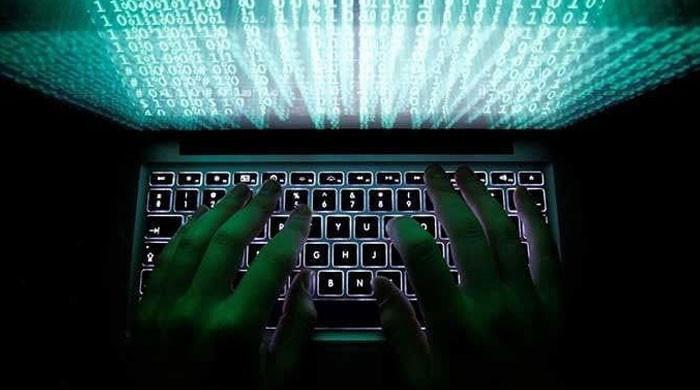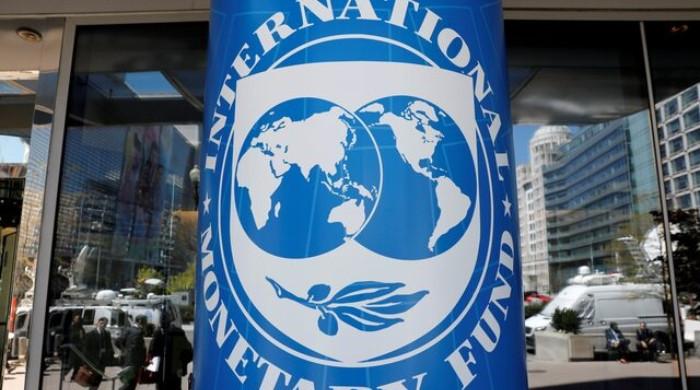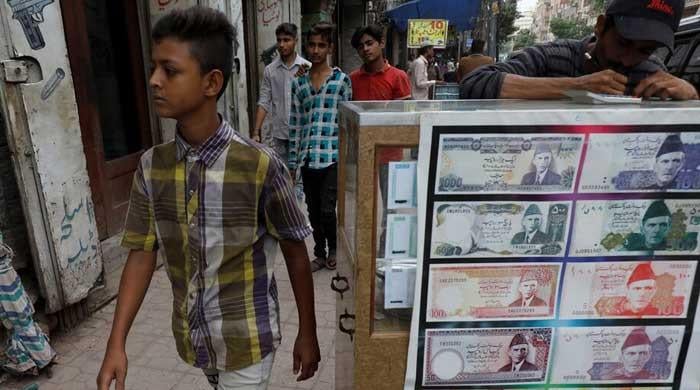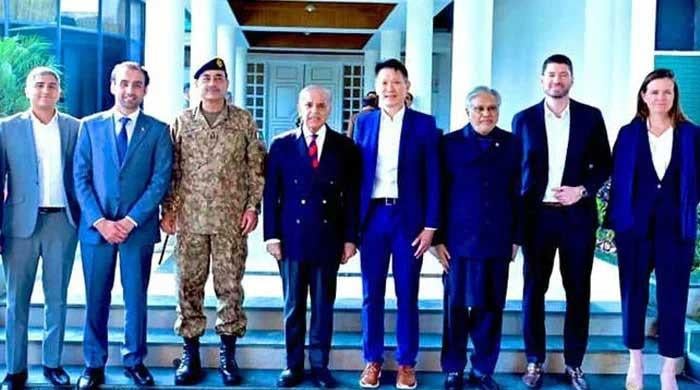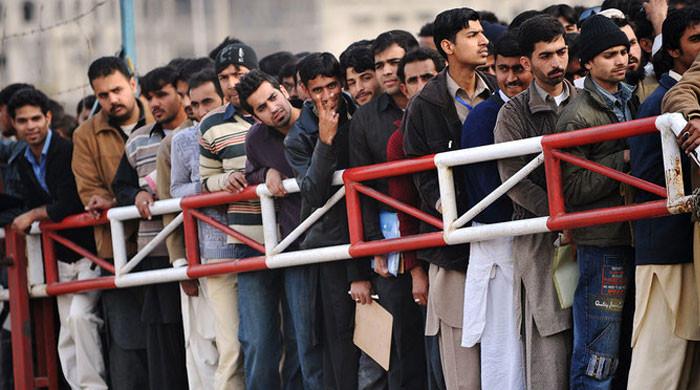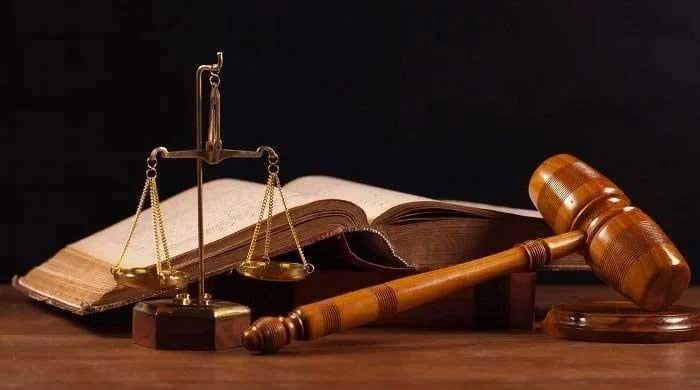Flexing for war
Ukraine supporters believe Russia could not have anticipated Kyiv's success in capturing Russian territories
September 17, 2024
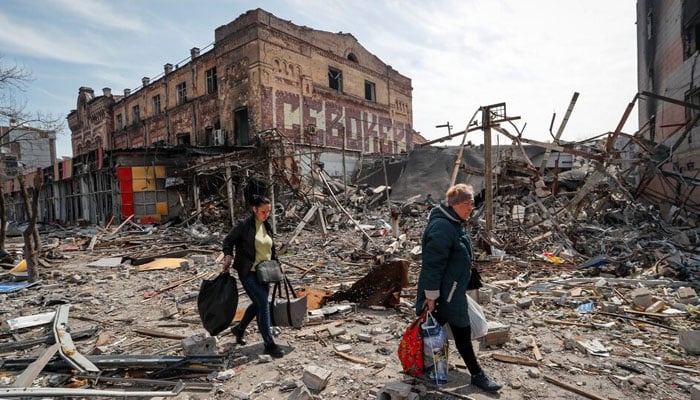
The recent sabre-rattling by Russian President Vladimir Putin has cast a shadow of a potential military showdown between Moscow and Nato. Putin appears to be enraged by Ukraine's demand to be permitted to use Storm Shadow Missiles, long-range missiles capable of striking targets deep within Russian territory. The Russian president has warned that acquiescing to such a demand would amount to declaring war on the Russian Federation.
The statement from the Russian president has instilled fear among pacifists worldwide, who believe that such threats are driving the world towards a nuclear holocaust that would not only obliterate Russia and Europe but also have catastrophic global consequences. They argue that urgent efforts must be made to de-escalate tensions between Moscow and Brussels, with the US also playing a crucial role in defusing the situation.
However, hawkish elements within the Western military camp dismiss such fears, asserting they are nothing more than a bluff. They believe that Ukraine should be permitted to use these long-range missiles to shift the momentum against Moscow. They support the Ukrainian leadership's argument that granting permission to use these missiles would slow down the Russian onslaught, which has already caused severe devastation in the invaded country, affecting millions of people and resulting in extensive damage to infrastructure.
Doves in Western capitals believe that granting such permission could enrage Russia, which might then resort to any measures, including the use of nuclear weapons against the US-led military alliance. They argue that a confrontation between Russia and Nato could become extremely catastrophic, posing a grave threat to the very existence of humanity.
It should be noted that Storm Shadow Missiles can reach targets up to 250 kilometres from the launch site, allowing them to strike deep within Russian territories. Some defence experts believe that if Ukraine is permitted to use these missiles, it could deliver a severe blow to Russian defence lines. The missiles are powerful enough to penetrate bunkers, as well as damage ammunition stores and airfields.
These missiles were developed through an Anglo-French collaboration and manufactured by a joint venture that also involved Italy, with components supplied by the US. Consequently, any alteration to the conditions attached to their use would require approval from all four countries, even if they are not the direct suppliers themselves. These four nations are crucial members of Nato, which may be why Russia perceives that permitting Ukraine to use these missiles is a declaration of war. Although Ukraine already possesses these missiles, it is currently authorised to use them only within its own territory.
Supporters of Ukraine on this issue argue that Putin’s threats should be disregarded. They assert that the Russian president has issued similar threats in the past, yet Western countries continue to provide Ukraine with defensive tools that have helped slow Russian advances. They claim that if Putin were as powerful as he claims, he would have been able to prevent the deaths of over 68,000 Russian soldiers caused by the invasion. They believe that Russia is in a weak position and could not have anticipated Ukraine's success in capturing Russian territories.
Today, Kyiv controls dozens of Russian villages, and Russia is struggling to reclaim them. This Ukrainian advance has damaged Russian military prestige. Moscow had expected the invasion to be straightforward, but the surprising resilience of the Ukrainian people has proven catastrophic for the Russian Federation, which is now grappling with the situation.
Supporters of Ukraine on this issue argue that the killing of Wagner Group chief Yevgeny Prigozhin last August dealt a severe blow to President Putin, who is struggling to recruit people into the Russian army on a large scale. Russia is in desperate need of manpower, and many Russians seem to be disillusioned with the illegal invasion and conscription, prompting them to flee the country to avoid military service. The ongoing war could create conditions that might encourage people to revolt against the Russian leadership, as the crippling sanctions imposed by the Western world in response to the invasion have significantly worsened their lives. Supporters believe Putin has been misleading Russians into believing that the war fronts are achieving success. Few have access to the true situation, but if the war is brought deep into Russian territories, it could expose the horrors of the conflict to the populace, potentially leading them to turn against their leadership.
Such a revolt by the people would align with Western interests, potentially removing the authoritarian leader of the giant country and thereby advancing those interests. Supporters believe that granting permission for Ukraine to use the missiles would send a strong message to the Russian leadership that Nato will not tolerate any expansionist ambitions from Moscow, which has been threatening weaker states near its borders for years. They argue that Nato should grant this permission as soon as possible, as a potential victory by Donald Trump might make it significantly harder for Nato to relax the restrictions on the use of these missiles. They think that the balance of power currently favours Nato, which has pledged $42 billion in military aid to Ukraine, in addition to the billions already spent on Ukrainian defences.
They believe that Nato's military superiority will deter Russia from acting on its threats. They highlight that Russia has only 1.32 million active military personnel compared to Nato's 3.39 million. Moscow's 4,814 military aircraft are vastly outnumbered by Nato's combined total of 22,308. Russia's naval fleet, with only 781 military ships, is also inadequate compared to Nato's 2,258. Although Russia outnumbers Nato in tanks (14,777 to 11,390), its overall stock of armored vehicles, totaling 161,382, is dwarfed by Nato's 849,801. Russia has a slight edge in nuclear weapons, with 5,889 compared to Nato’s 5,759.
However, war is not fought with a faltering economy. The accession of Finland and Sweden to Nato has further strengthened the financial position of the Western military alliance. Russia's struggling economy cannot compete with the massive US military budget, which was approximately $916 billion last year, accounting for nearly 40% of global military spending. In contrast, the UK ranks sixth with a substantial defence budget of $79.4 billion.
Those concerned about the potential consequences argue that there is no victory in a nuclear war, only mutual annihilation. They emphasise that since both Nato and Russia are directly involved in the conflict, they are unlikely to produce a sustainable solution. They believe the UN and neutral countries must step in to prevent the two sides from dragging the world into a catastrophic war.
Pacifists argue that the way forward is to launch a massive anti-war movement that should make its presence felt not only in Western capitals but also in Russian cities, villages, and regions. They believe that, in addition to street protests, people should also pressure the leadership on both sides to engage in confidence-building measures. These might include a ceasefire, a prisoner swap, a ban on provocative statements, and acceptance of UN authority. They warn that sabre-rattling or a sense of military superiority could lead to dangerous miscalculations by both sides, resulting in nothing but death and destruction.
The writer is a freelance journalist. He can be reached at: [email protected]
Disclaimer: The viewpoints expressed in this piece are the writer's own and don't necessarily reflect Geo.tv's editorial policy.
Originally published in The News




